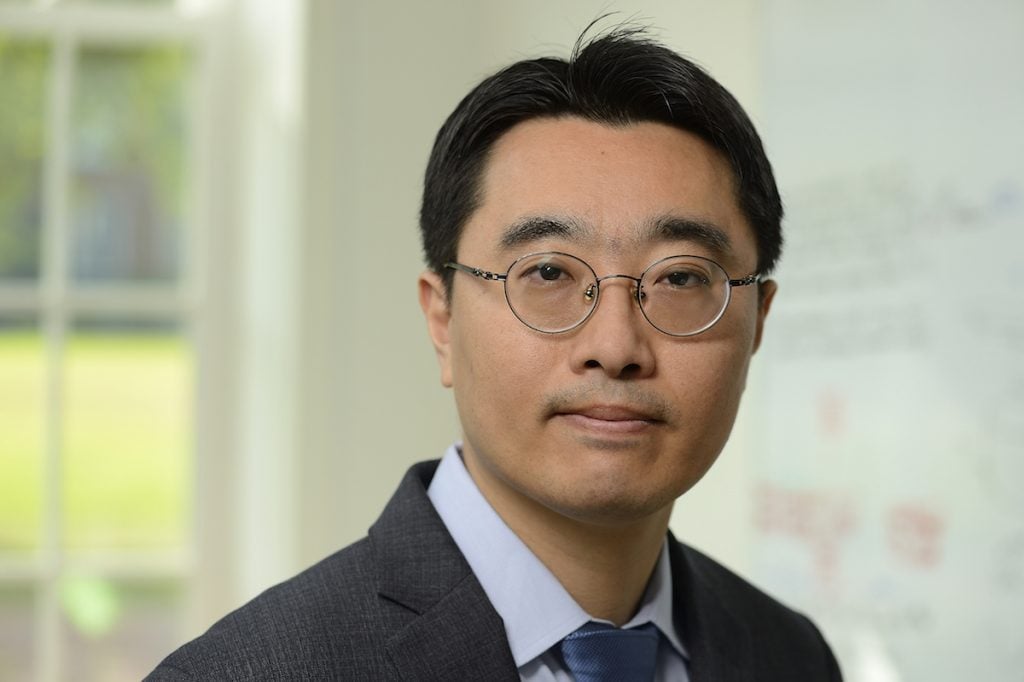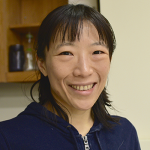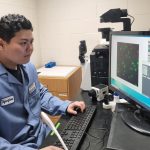Sung Hoon Kang Among Newest Grantees of the Bisciotti Foundation Translational Fund

See the full story and information on all recipients on the Hub.
Four Johns Hopkins professors have received grants for their research through the Bisciotti Foundation Translational Fund.
Established with a generous multiyear gift from the Stephen and Renee Bisciotti Foundation, the fund provides $300,000 annually in seed money to advance Johns Hopkins discoveries on a commercial path. Recipients are awarded from $25,000 and $100,000 to conduct their work during a period of up to nine months.
For this year’s funding round, 26 applications were submitted. Six finalists presented their work in late January to an outside panel of researchers, other scientists, and investors.
Each applicant has made a report of invention to Johns Hopkins Technology Ventures.
“This was a unique year with four recipients,” says Brian Stansky, senior director of FastForward, JHTV’s startup program. “Thanks to the generosity of the Bisciotti Foundation, the investment committee was able to provide funding in leading edge areas such as gene therapy, optical histology, advanced surgical procedures, and neurosurgery. We look forward to working with the faculty members on both their funded projects and longer-term commercialization efforts.”
Applications for another translational fund, the Louis B. Thalheimer Fund for Translational Research, are due April 1.
Vaso-Lock: Replacing Sutures for Faster, Easier, and Safer Microvascular and Vascular Anastomosis
**Principal investigator: ** Sung Hoon Kang, assistant professor in the Department of Mechanical Engineering
The pitch: A medical device that simplifies a complicated vascular procedure
Microvascular and vascular anastomosis are highly specialized surgical techniques of hand-sewing together blood vessels during plastic and reconstructive surgery along with many other surgical procedures. While common procedures, they require years of training and practice, and hours to complete in the operating room. Kang, working with a team of vascular and plastic surgeons, used 3D printing to prototype Vaso-Lock, which holds together free vascular ends instead of requiring stitches. The device is made from materials approved by the Food and Drug Administration, and it is biocompatible.
By simplifying a complex surgical technique, the inventors hope to reduce operating time while allowing more vessel coupling during the procedure. The researchers also want to improve patient outcomes and safety, and make microvascular and vascular anastomosis more globally available.
JHTV is pursuing patent protection for the technology. The inventors, who last year were grantees of the Cohen Translational Engineering Fund, plan to form a startup to commercialize the innovation. The Vaso-Lock team also participated in the I-Corps program, during which they interviewed 40 surgeons, specialized operating room staff members, and industry workers to identify anastomosis challenges and help refine their business plan.





